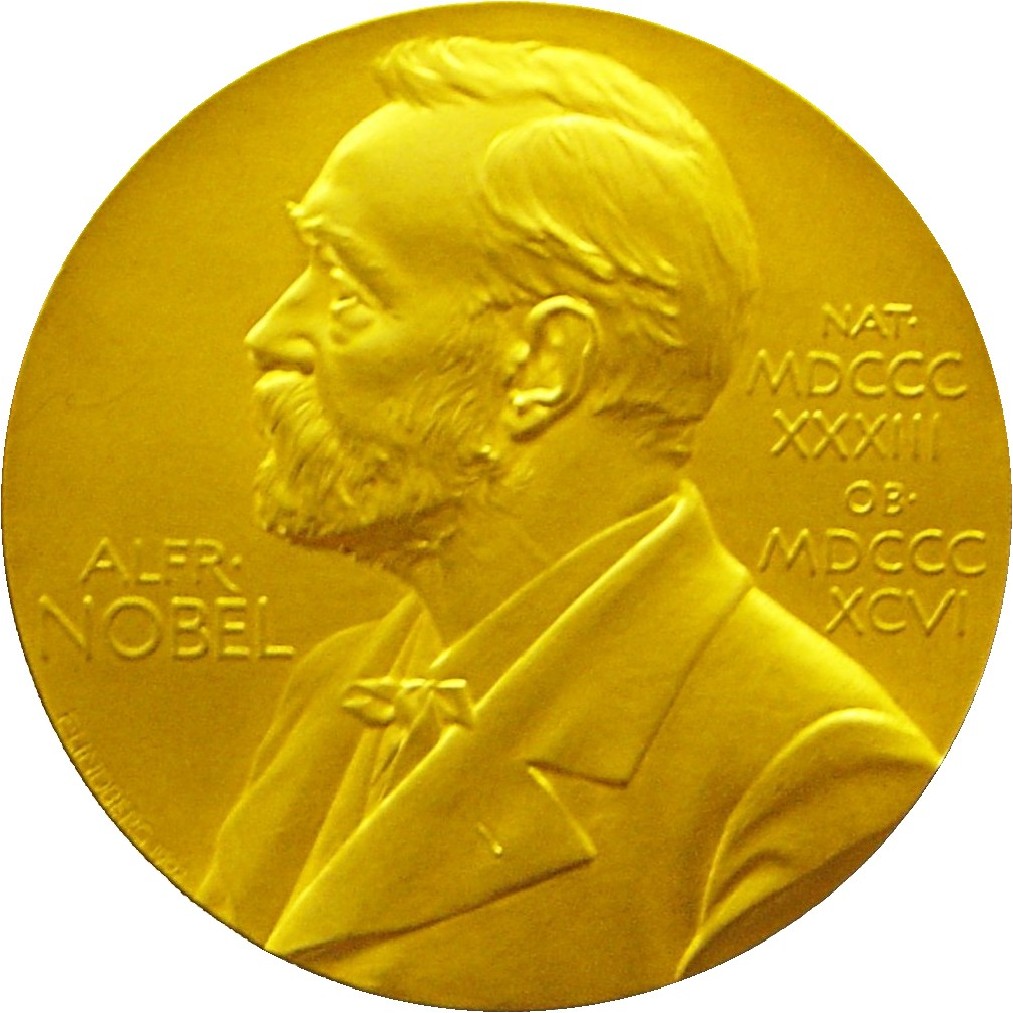The Economist brings an interesting report on the current state of scientific research. Studies are becoming harder to reproduce:
But irreproducibility is much more widespread. A few years ago scientists at Amgen, an American drug company, tried to replicate 53 studies that they considered landmarks in the basic science of cancer, often co-operating closely with the original researchers to ensure that their experimental technique matched the one used first time round. According to a piece they wrote last year in Nature, a leading scientific journal, they were able to reproduce the original results in just six. Months earlier Florian Prinz and his colleagues at Bayer HealthCare, a German pharmaceutical giant, reported in Nature Reviews Drug Discovery, a sister journal, that they had successfully reproduced the published results in just a quarter of 67 seminal studies.
They also note that there is little incentive to even try these replications studies:
Such headlines are rare, though, because replication is hard and thankless. Journals, thirsty for novelty, show little interest in it; though minimum-threshold journals could change this, they have yet to do so in a big way. Most academic researchers would rather spend time on work that is more likely to enhance their careers. This is especially true of junior researchers, who are aware that overzealous replication can be seen as an implicit challenge to authority. Often, only people with an axe to grind pursue replications with vigour—a state of affairs which makes people wary of having their work replicated.
There are ways, too, to make replication difficult. Reproducing research done by others often requires access to their original methods and data. A study published last month in PeerJ by Melissa Haendel, of the Oregon Health and Science University, and colleagues found that more than half of 238 biomedical papers published in 84 journals failed to identify all the resources (such as chemical reagents) necessary to reproduce the results. On data, Christine Laine, the editor of the Annals of Internal Medicine, told the peer-review congress in Chicago that five years ago about 60% of researchers said they would share their raw data if asked; now just 45% do. Journals’ growing insistence that at least some raw data be made available seems to count for little: a recent review by Dr Ioannidis which showed that only 143 of 351 randomly selected papers published in the world’s 50 leading journals and covered by some data-sharing policy actually complied.
Correcting this situation is critical for the future of science.

